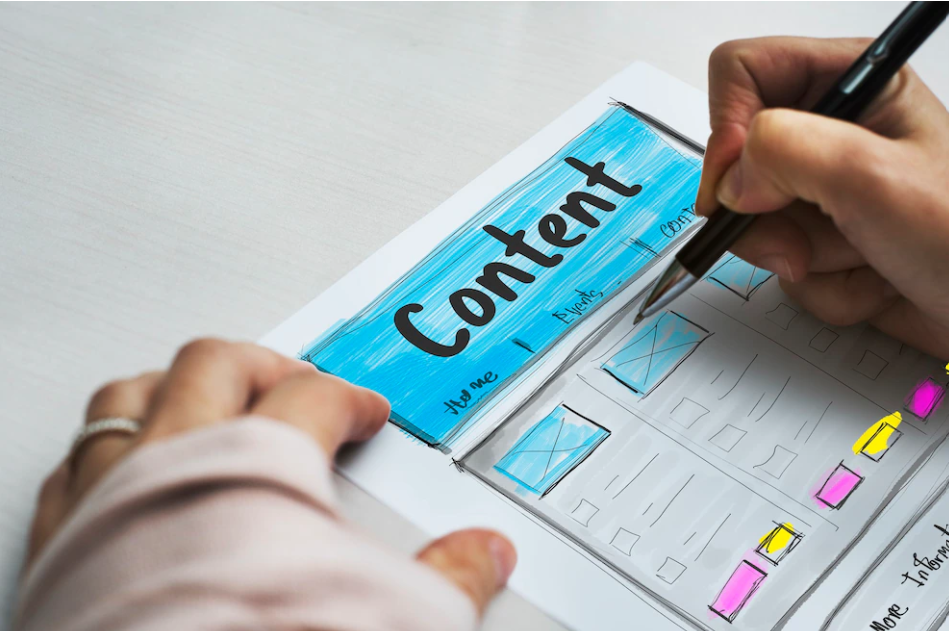Artificial intelligence (AI) has been making waves across various industries, and content creation is no exception. With advancements in technology, AI content creation has gained popularity in recent years, and many businesses and individuals are embracing it. But, is AI content creation taking over the content industry, and what implications does this have for content creators and marketers?
Before delving into the matter further, it is essential to understand what AI content creation is. AI content creation refers to the use of sophisticated algorithms and machine learning systems to generate content, including articles, blogs, social media posts, and emails. The AI systems analyze data, identify patterns, and generate content based on pre-fed rules, templates, and preferences.
AI content creation has several benefits, including speed and efficiency. It can churn out a large amount of content in a short period, reducing the time and resources spent on content creation. Additionally, AI content creation can improve content quality by generating grammatically correct and error-free content, increasing engagement and readability.
The rise of AI content creation has led to the emergence of several AI-powered content creation tools and platforms. One such platform is GPT-4 (Generative Pre-trained Transformer 4), developed by OpenAI. GPT-4 is a natural language processing AI system that can generate human-like text, making it ideal for content creation. Other platforms include Hugging Face and Copy.ai, among others.
Despite the benefits of AI content creation, some argue that it poses a threat to human content creators. With AI systems able to generate high-quality content faster, some fear AI may replace human content creators. Moreover, some contend that AI lacks creativity and the ability to understand context, which may limit the scope of the content generated.
However, it is important to note that AI content creation should not be viewed as a replacement for human content creators but as a tool to complement their work. AI-powered platforms and tools can help content creators save time by generating content outlines, editing and proofreading, and suggesting new content ideas. This frees up time for content creators to focus on more creative and strategic aspects of content creation, such as ideation and audience research.
Furthermore, AI content creation can open up new opportunities for content creators and marketers. AI-generated content can be utilized in a range of areas, including chatbots, email marketing, and social media. This can help businesses increase their reach by automating certain aspects of their content strategy, ultimately leading to increased engagement and conversion rates.
Another aspect to consider is the impact of AI content creation on SEO. SEO (Search Engine Optimization) is the process of optimizing content to rank higher in search engine results pages (SERPs). AI-generated content can help businesses improve their SEO by targeting specific keywords and phrases that are relevant to their business. This can lead to increased organic traffic and improved lead generation.
However, it is important to note that AI content creation should not solely rely on keyword stuffing to achieve optimal SEO results. Good quality content that is relevant, informative, and engaging should always be the priority. Thus, human content creators can work with AI-driven tools and platforms to create content that resonates with their target audience while also ranking high in SERPs.
One significant challenge in AI content creation is ethics. AI algorithms are only as unbiased as the data they learn from; therefore, they can perpetuate or even amplify existing biases, leading to discriminatory outcomes. For example, AI-generated content may contain gender or racial biases that could have negative impacts on certain groups. Thus, it is essential to ensure that AI content creation tools and platforms are designed and trained to minimize or eliminate these biases.
In conclusion, AI content creation is not taking over the content industry, but rather, it is enhancing it. AI-powered content creation tools and platforms can help content creators and marketers save time, improve quality, and increase reach. However, viewing AI content creation as a complementary tool rather than a replacement for human content creators is important. Ultimately, human creativity, expertise, and strategic thinking are irreplaceable in content creation.
As AI technology continues to develop, it will undoubtedly transform the content creation landscape. Nonetheless, the human factor will remain crucial in producing content that resonates with readers and meets business objectives. To stay ahead of the competition, content creators and businesses must embrace AI technology while also striving for innovation, creativity, and quality in their content.



















